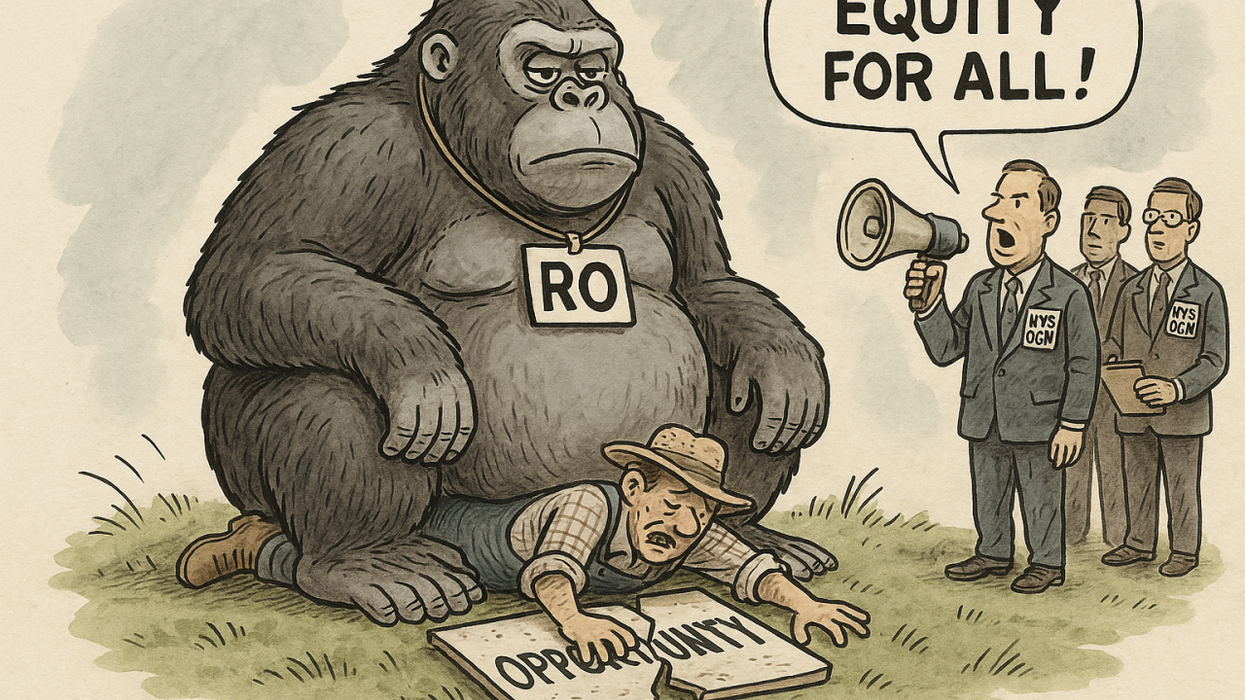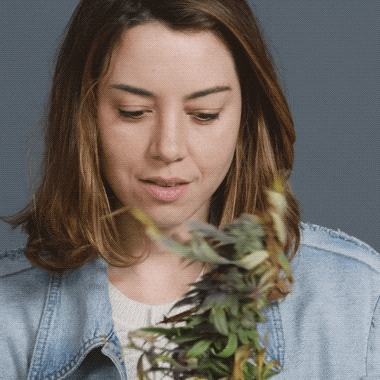Reuben McDaniel, a member of the New York Cannabis Control Board (CCB), has stepped down from his position following mounting criticism over allegations of a conflict of interest. McDaniel, who also serves as the president of the Dormitory Authority of the State of New York (DASNY), tendered his resignation during Thursday's CCB meeting.
During the meeting, McDaniel expressed his gratitude for the opportunity to serve on the board and commended Governor Kathy Hochul's vision for advancing cannabis social equity in the state. However, he did not disclose the specific reasons for his departure. CCB Chairwoman Tremaine Wright thanked McDaniel for his service and expressed the board's continued collaboration on the social equity fund.
Former Governor Andrew Cuomo had recommended McDaniel for the presidency of DASNY in 2019, and Governor Hochul appointed him to the five-member CCB in September 2021. However, concerns regarding McDaniel's dual roles have been raised by industry stakeholders. DASNY plays a crucial role in the marketplace rollout, while the Office of Cannabis Management (OCM), which McDaniel oversaw as a CCB board member, has a distinct focus on equity.
The OCM, in its early stages, had developed the Conditional Adult-Use Retail Dispensary (CAURD) program from within DASNY's offices, leading to DASNY's significant involvement in launching the program. This involvement included securing real estate for retailers, finding a fund manager to raise $150 million, and identifying a financial institution for banking services. However, as challenges arose within the CAURD program, such as difficulties in securing real estate and insufficient funding, criticism was directed at DASNY and McDaniel.
Industry stakeholders, including the Cannabis Association of New York, have questioned the potential conflict of interest arising from McDaniel's simultaneous positions. Licensed retailers, in particular, have called for transparency and accountability from DASNY. Some CAURD applicants have accused DASNY of pressuring them into overpriced dispensary locations and providing inflated contractor bids without disclosing loan terms.
Despite his resignation from the CCB, McDaniel will continue to serve as DASNY's president, and the organization will maintain its role in developing New York's cannabis marketplace.







 The mix of in-state and out of state brands at a legal NY dispensary
The mix of in-state and out of state brands at a legal NY dispensary






 Cannabis and Aging: A Groundbreaking Study Challenges Long-Held Beliefs
Photo by
Cannabis and Aging: A Groundbreaking Study Challenges Long-Held Beliefs
Photo by  Cannabis and Aging: A Groundbreaking Study Challenges Long-Held Beliefs
Photo by
Cannabis and Aging: A Groundbreaking Study Challenges Long-Held Beliefs
Photo by 


 Grateful Dead's Jerry Garcia
Grateful Dead's Jerry Garcia Scene from Reefer Madness
Scene from Reefer Madness  Getting high w/ Awkwafina
Getting high w/ Awkwafina